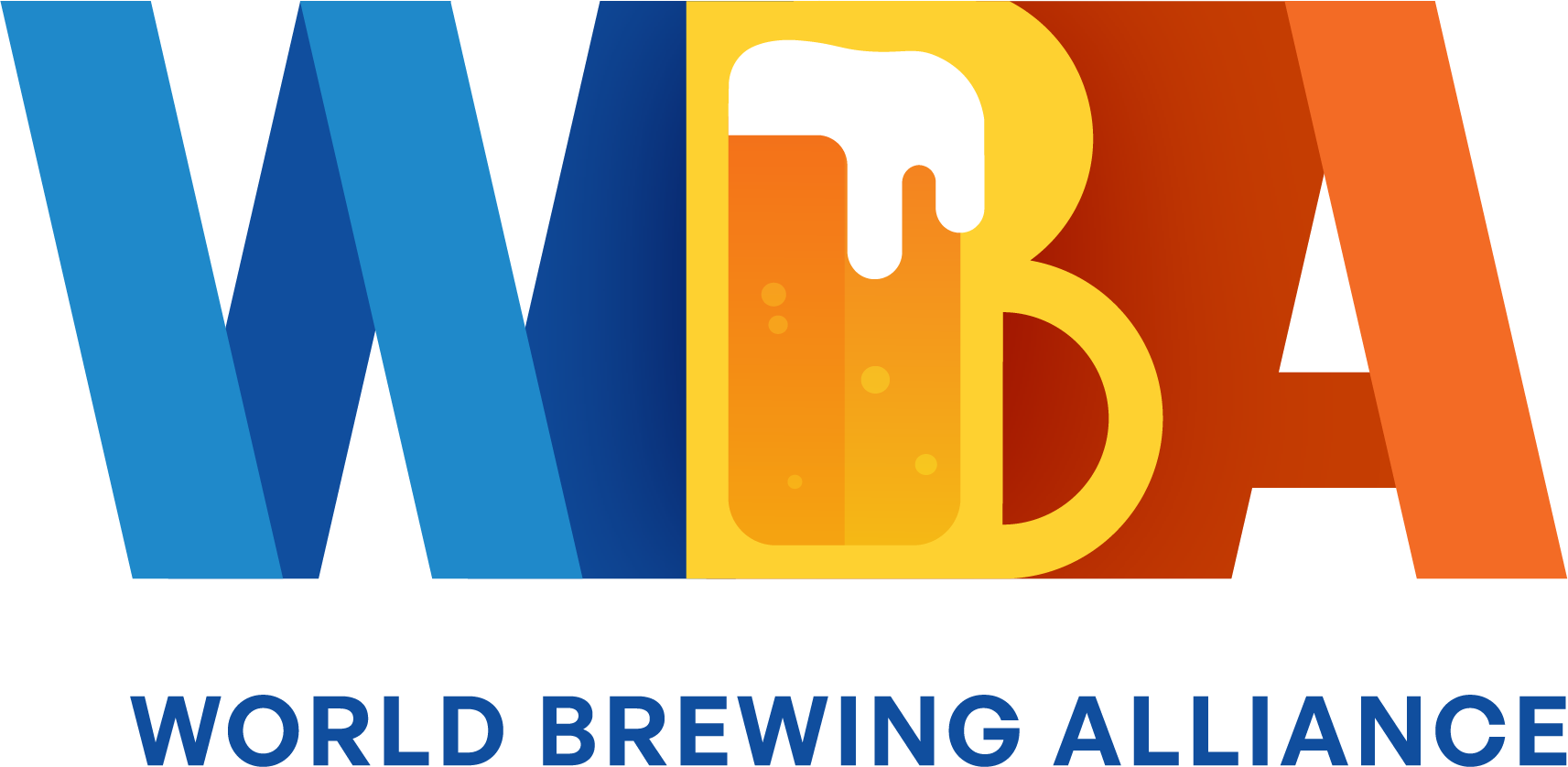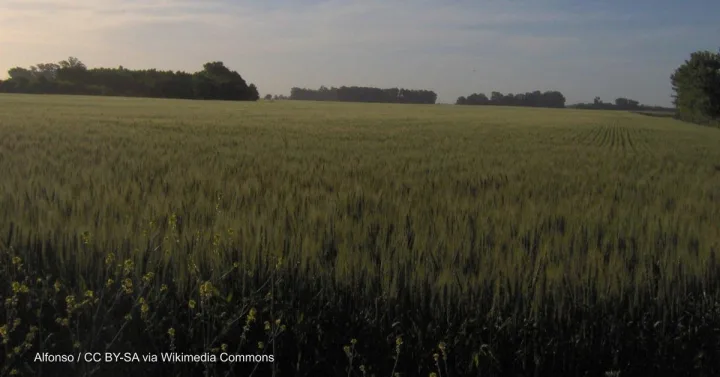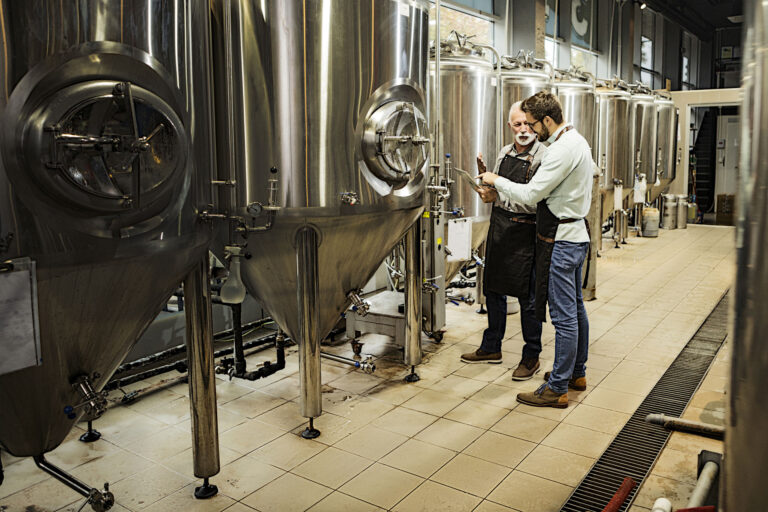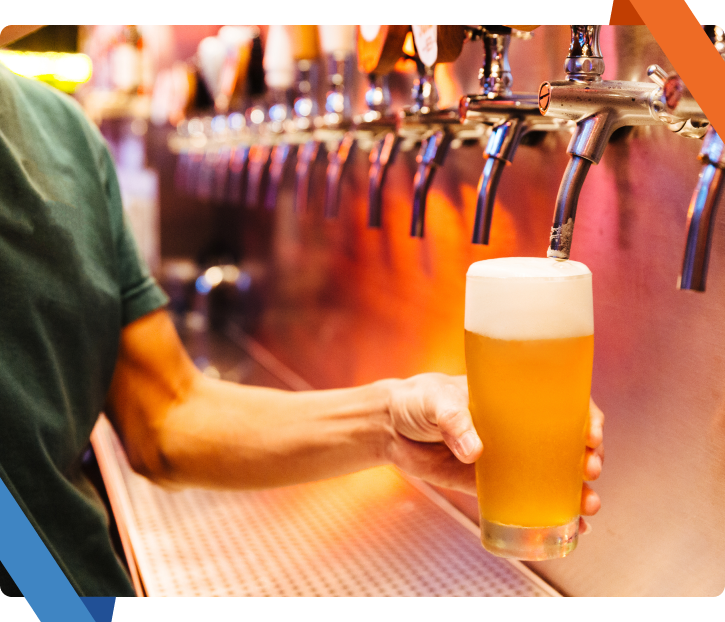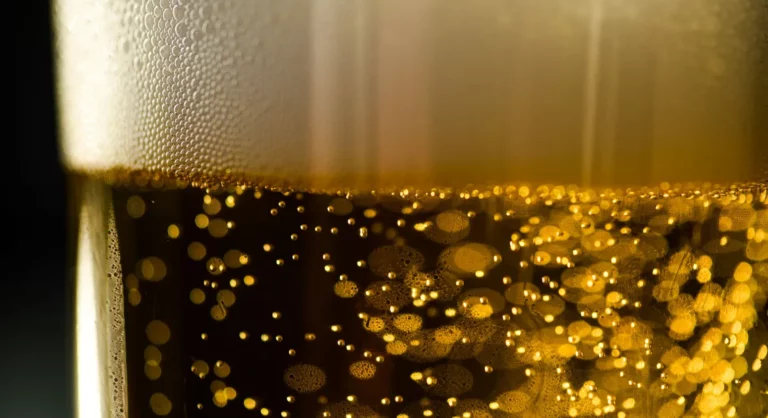Tesco has said that while Dry January saw the highest annual record demand for no and low beer, sales at the supermarket have “continued to soar since the start of the year”.
Market data from Circana has found that although demand for regular beer has fallen by six percent in the last year, sales of no and low beers have increased by six percent in the same time period. In fact, Tesco has claimed that “sales are so strong that demand for the first three weeks of June is more than 25 percent higher than it was for the first three weeks of Dry January”.
Tesco went on to note that the highest growth for no and low beer in 2023 is not in England, rather in Scotland and Wales, with growth at around 12 percent. Meanwhile, sales growth in England sits at just under 10 percent.
“The current boom is down to the number of authentic-tasting products now available from brewers who are using high quality ingredients and more advanced methods,” said Tesco Beer Buyer Jess Edmondson.
“This revolution has grown very quickly in the last five years and instead of the thin-tasting alcohol-free beers that were on the market back then, shoppers can now find fuller-bodied equivalents that taste like the real thing.”
Edmondson also revealed that there has been an “emergence of new no and low beer shoppers who are buying larger pack sizes rather than single cans or bottles”. She says that this is a “result of having more confidence in the quality now available.”
Catering to the demand, Tesco now has 29 no and low alcohol beers, a selection it claims caters for “many tastes”.
Commenting on the surge in low/no beer purchases, Luke Boase, Founder of Lucky Saint (the official beer of Dry January in the UK), said: “This idea that you have to apologise for not drinking is fading, and we’re seeing a rapid cultural shift in attitudes towards alcohol.
“With the rise of great tasting alcohol-free drinks and a desire to lead healthier lifestyles, more people than ever are moderating their alcohol consumption.”
